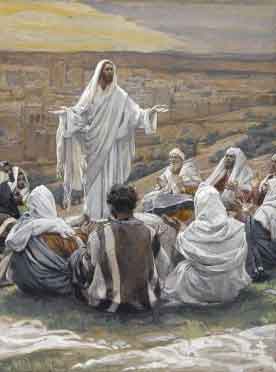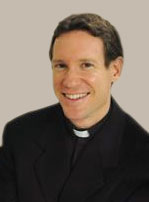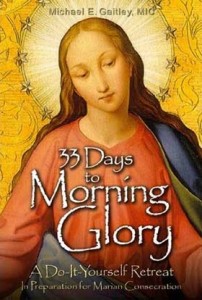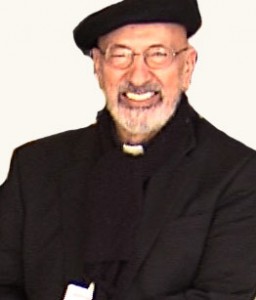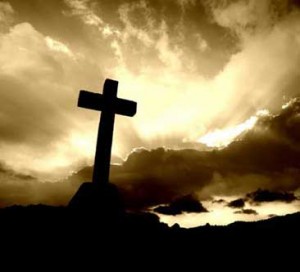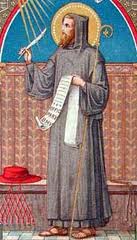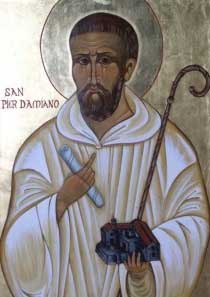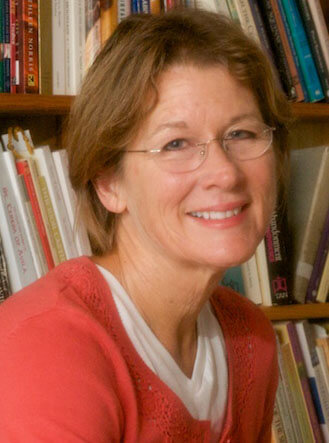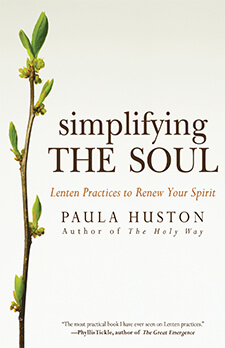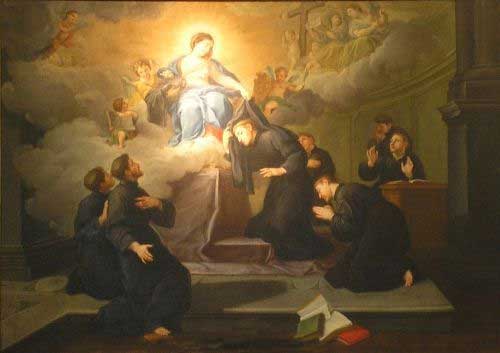The little brother in a family of saints, St. Gregory of Nyssa, would be remembered as “the thinker”.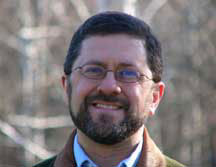 Mike Aquilina shares with us his story, his role as one of the Cappadocian fathers, and so much more.
Mike Aquilina shares with us his story, his role as one of the Cappadocian fathers, and so much more.
Podcast: Play in new window | Download (Duration: 24:19 — 22.3MB) | Embed
Subscribe: Apple Podcasts | Spotify | Amazon Music | Android | Pandora | iHeartRadio | JioSaavn | Podchaser | Gaana | Podcast Index | Email | TuneIn | Deezer | Anghami | RSS | More
Saint Peter’s Square
Wednesday, 29 August 2007Saint Gregory of Nyssa (1)
Dear Brothers and Sisters,
In the last Catecheses, I spoke of two great fourth-century Doctors of the Church, Basil and Gregory Nazianzus, a Bishop in Cappadocia, in present-day Turkey. Today, we are adding a third, St Gregory of Nyssa, Basil’s brother, who showed himself to be a man disposed to meditation with a great capacity for reflection and a lively intelligence open to the culture of his time. He has thus proved to be an original and profound thinker in the history of Christianity.
He was born in about 335 A.D. His Christian education was supervised with special care by his brother Basil – whom he called “father and teacher” (Ep. 13, 4: SC 363, 198) – and by his sister Macrina. He completed his studies, appreciating in particular philosophy and rhetoric.
Initially, he devoted himself to teaching and was married. Later, like his brother and sister, he too dedicated himself entirely to the ascetic life.
He was subsequently elected Bishop of Nyssa and showed himself to be a zealous Pastor, thereby earning the community’s esteem.
When he was accused of embezzlement by heretical adversaries, he was obliged for a brief period to abandon his episcopal see but later returned to it triumphant (cf. Ep. 6: SC 363, 164-170) and continued to be involved in the fight to defend the true faith.
Especially after Basil’s death, by more or less gathering his spiritual legacy, Gregory cooperated in the triumph of orthodoxy. He took part in various Synods; he attempted to settle disputes between Churches; he had an active part in the reorganization of the Church and, as a “pillar of orthodoxy”, played a leading role at the Council of Constantinople in 381, which defined the divinity of the Holy Spirit.

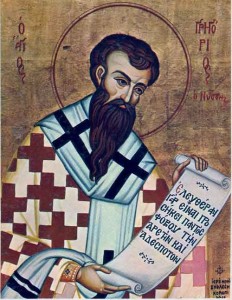
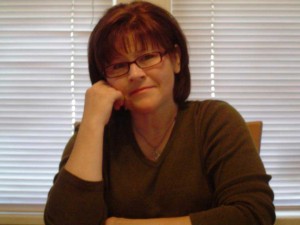

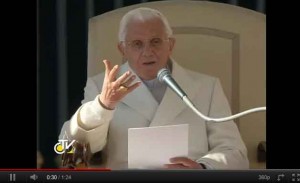
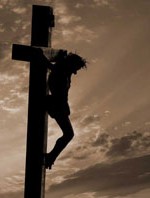 The Pope then turned to focus on the second important aspect of the relationship between silence and prayer. “In our prayers”, he said, “we often find ourselves facing the silence of God. We almost experience a sense of abandonment; it seems that God does not listen and does not respond. But this silence, as happened to Jesus, does not signify absence. Christians know that the Lord is present and listens, even in moments of darkness and pain, of rejection and solitude. Jesus assures His disciples and each one of us that God is well aware of our needs at every moment of our lives”.
The Pope then turned to focus on the second important aspect of the relationship between silence and prayer. “In our prayers”, he said, “we often find ourselves facing the silence of God. We almost experience a sense of abandonment; it seems that God does not listen and does not respond. But this silence, as happened to Jesus, does not signify absence. Christians know that the Lord is present and listens, even in moments of darkness and pain, of rejection and solitude. Jesus assures His disciples and each one of us that God is well aware of our needs at every moment of our lives”.

